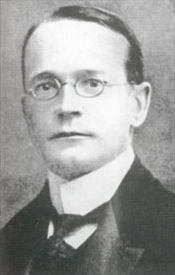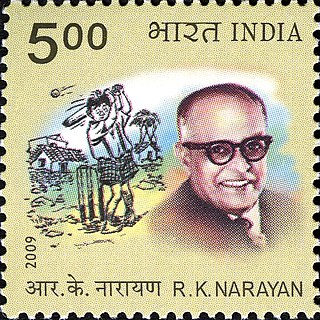A Quote by Allen W. Wood
There is no author or legislator of the moral law. It is simply valid in itself in the nature or essence of things. We become autonomous only when we obey it, because then our will aligns itself with the objectively valid law, and our choice follows the same law as that we give ourselves. We can think of rational faculty (or the idea - the pure rational concept, not exhibitable in experience) as the legislator or author of the law because reason recognizes an objective standard, and to that extent is already aligned with objective moral truth.
Related Quotes
The very idea of freedom presupposes some objective moral law which overarches rulers and ruled alike. Subjectivism about moral values is eternally incompatible with democracy. We and our rulers are of one kind only so long as we are subject to one law. But if there is no Law of Nature, the ethos of any society is the creation of its rulers, educators and conditioners; and every creator stands above and outside his own creation.
When you say there's too much evil in this world you assume there's good. When you assume there's good, you assume there's such a thing as a moral law on the basis of which to differentiate between good and evil. But if you assume a moral law, you must posit a moral Law Giver, but that's Who you're trying to disprove and not prove. Because if there's no moral Law Giver, there's no moral law. If there's no moral law, there's no good. If there's no good, there's no evil. What is your question?
The law has been perverted, and the powers of the state have become perverted along with it. The law has not only been turned from its proper function, but made to follow an entirely contrary purpose. The law has become a tool for every kind of greed. Instead of preventing crime, the law itself is guilty of the abuses it is supposed to punish. If this is true, it is a serious matter, and moral duty requires me to call the attention of my fellow-citizens to it.
The first spiritual law of success is the Law of Pure Potentiality. This law is based on the fact that we are, in our essential state, pure consciousness. Pure consciousness is pure potentiality; it is the field of all possibilities and infinite creativity. Pure consciousness is our spiritual essence. Being infinite and unbounded, it is also pure joy. Other attributes of consciousness are pure knowledge, infinite silence, perfect balance, invincibility, simplicity, and bliss. This is our essential nature. Our essential nature is one of pure potentiality.
From the beginning, there has been a tension in the reception of the Kantian idea of autonomy. If you emphasize the 'nomos' (the law), then you get one picture: the objectivity of ethics. If you emphasize the 'autos' - the self - you get the idea that we make the law. Kant never hesitated in his choice between the two emphases. He emphasizes the nomos (the universal and objective validity of the law).
There exists a law, not written down anywhere but inborn in our hearts; a law which comes to us not by training or custom or reading but by derivation and absorption and adoption from nature itself; a law which has come to us not from theory but from practice, not by instruction but by natural intuition. I refer to the law which lays it down that, if our lives are endangered by plots or violence or armed robbers or enemies, any and every method of protecting ourselves is morally right.
We come together only to go apart again. The law of life can't be avoided. The law comes into operation the moment we detach ourselves from our mother's womb. All struggle & misery in life is due to our attempt to arrest this law or get away from it or in allowing ourselves to be hurt by it. The fact must be recognized. A profound unmitigated loneliness is the only truth of life. All else is false. The law of life. No sense in battling against it.

































